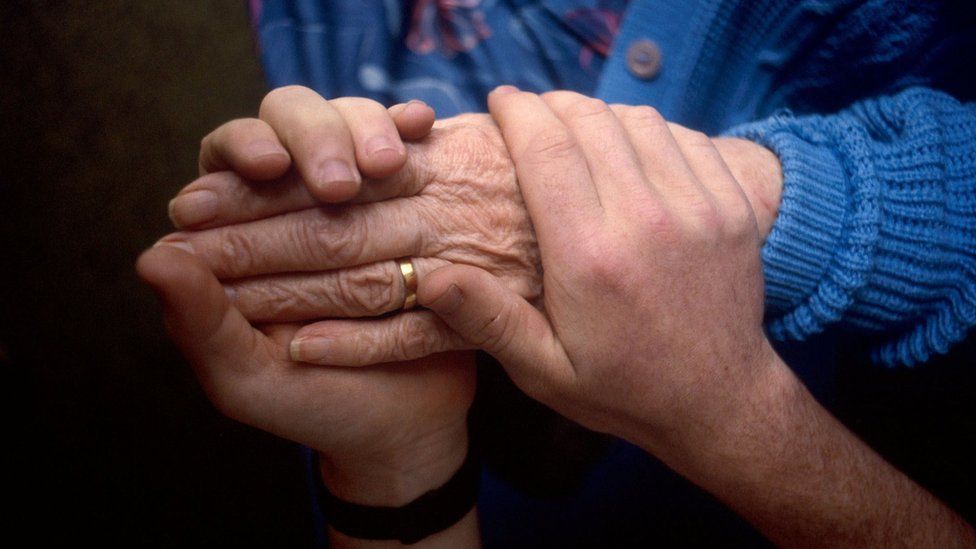It is estimated that there are over 13m unpaid carers in the UK – and their untiring efforts save the Treasury £135bn each and every year. But Governments largely ignore this huge community. Is that because they can take them for granted?
Are you an unpaid carer?
If so we would like to hear from you. What a typical day means to you. From when you get up to when you retire at night (although many of you will also have night time duties as well).
We will put all your stories together into an eBook and we will then present this to Ms. Helen Whately MP who is the current ‘Minister of State for Social Care’.
Please send your typical days account to: info@disabilitytalk.co.uk

Helen Whately MP .. Minister of State for Social Care
We recently issued a ‘challenge to Ms. Whately to become an unpaid carer for a week and keep a 7 day diary. She didn’t even bother to reply.
It is our opinion that we must bring to the attention to our Government how unfairly unpaid carers are treated.

Dear Minister
“We would respectively like to offer you the opportunity to become a full time unpaid carer for a week.
We will partner with a well known charity to arrange this on your behalf and take care of all of the logistical details.
And although we appreciate that there can be a tremendous amount of satisfaction in caring for someone whose quality of life depends on you .. there are some downsides and we feel that it is our responsibility to point these out.
You will have to care for an individual(s) for a week. Your skills should include: cooking, washing, cleaning, bathing, dressing, gardening, shopping, diary management, transportation management, finance and accountancy. Must be computer literate and internet savvy.
Must have physical and mental strength, patience, resilience and compassion.
SALARY
Circa £77 per week .. that’s about £3,991 per year – but to earn this figure you will have to meets the Government’s eligibility requirements.
HOURS
35 hours per week (minimum)
We do appreciate, however, that the ‘salary’ offered is £82,593 LESS than you are currently receiving. And this does not include any expenses or your ministerial uplift. Also there is no provision for pensions plus the hours worked (24/7) are probably more than you are currently experiencing.
And there’s no supporting office to help you manage your diary and schedule doctor’s and hospital’s appointments.
We also appreciate that the ‘salary’ we are offering is dependent upon certain eligibility criteria being met. And we have to admit that this can be a difficult process.
And here is a “recommendation” from an unpaid carer who outlines her role:
Leah cares for her mother who has dementia. She says the challenges for her include the number of daily tasks and lack of support, coping with the lack of comprehension that her mum had about the pandemic, and the impact on her own mental health.
“We’re not getting any external support. We have tried but we have been told that as a family we are doing a great job – I feel like we are victims of our own success. We have thought about getting carers, but mum doesn’t settle with new people in the house … caring, while being rewarding, takes its toll in lots of different ways. It’s had a massive impact on all our lives.
We hope you to do take up our challenge as we feel the best way to fully understand a (your?) role is to become immersed in it.
We look forward to hearing from you.
Yours sincerely,
Christopher Jordan (founder of Disability Talk) – chris@disabilitytalk.co.uk

